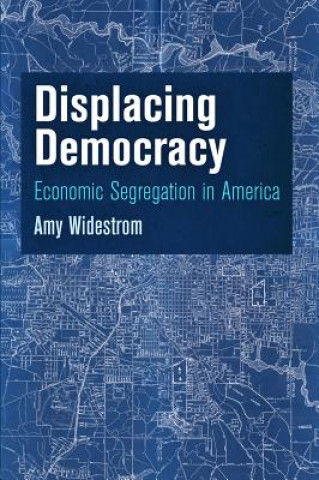
Kézbesítés
Vásárlási tanácsadó





Nem vált be? Semmi gond! Nálunk 30 napon belül visszaküldheti
 Ajándékutalvány
bármilyen értékben
Ajándékutalvány
bármilyen értékben
Ajándékutalvánnyal nem nyúlhat mellé. A megajándékozott az ajándékutalványért bármit választhat kínálatunkból.
Displacing Democracy
 Angol
Angol
 221 b
221 b
30 nap a termék visszaküldésére
Ezt is ajánljuk


In recent decades, economically disadvantaged Americans have become more residentially segregated from other communities: they are increasingly likely to live in high-poverty neighborhoods that are spatially isolated with few civic resources. Low-income citizens are also less likely to be politically engaged, a trend that is most glaring in terms of voter turnout. Examining neighborhoods in Atlanta, Kansas City, Milwaukee, and Rochester, Amy Widestrom challenges the assumption that the "class gap" in political participation is largely the result of individual choices and dispositions. Displacing Democracy demonstrates that neighborhoods segregated along economic lines create conditions that encourage high levels of political activity, including political and civic mobilization and voting, among wealthier citizens while discouraging and impeding the poor from similar forms of civic engagement. Drawing on quantitative research, case studies, and interviews, Widestrom shows that neighborhood-level resources and characteristics affect political engagement in distinct ways that are not sufficiently appreciated in the current understanding of American politics and political behavior. In addition to the roles played by individual traits and assets, increasing economic segregation in the United States denies low-income citizens the civic and social resources vital for political mobilization and participation. People living in poverty lack the time, money, and skills for active civic engagement, and this is compounded by the fact that residential segregation creates a barren civic environment incapable of supporting a vibrant civic community. Over time, this creates a balance of political power that is dramatically skewed not only toward individuals with greater incomes but toward entire neighborhoods with more economic resources.
Információ a könyvről
 Angol
Angol
Kategória




 Hogyan vásároljunk
Hogyan vásároljunk























